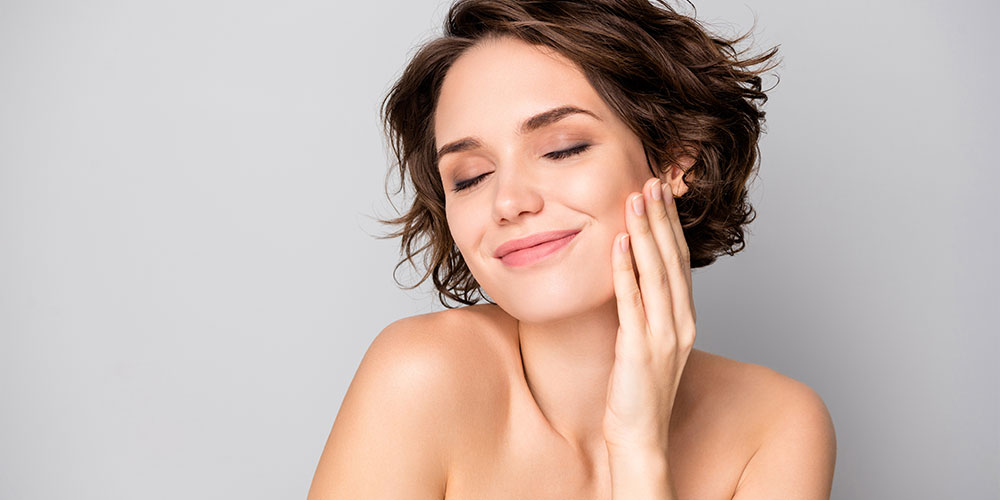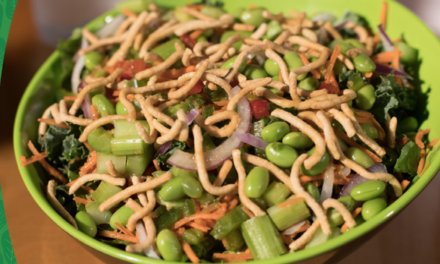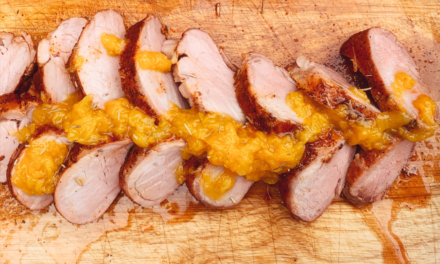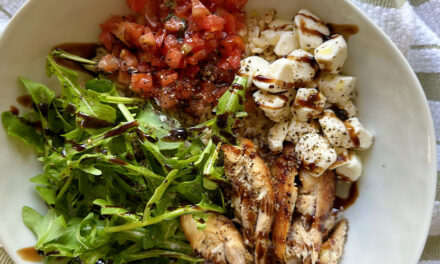Understanding what factors influence skin aging helps direct our attention to those actions we can take to have healthier-looking skin. The skin undergoes both intrinsic and extrinsic aging. Intrinsic aging is due to factors we do not have much control over, AKA genetics and skin composition. Extrinsic aging are factors we do have some influence over, such as nutrition, environmental toxins, lifestyle, and UV exposure. UV (sun) exposure, poor nutrition, lack of sleep, dehydration, smoking, pollution, inflammation, and stress can all cause oxidative damage to our skin, promoting skin aging and disease. Knowing what contributes to skin aging, we can start to tackle those factors that can help to preserve our skin’s youth! Let’s dive into three ways to have healthier skin as we age.
#1
Understanding what factors influence skin aging helps direct our attention to those actions we can take to have healthier-looking skin. The skin undergoes both intrinsic and extrinsic aging. Intrinsic aging is due to factors we do not have much control over, AKA genetics and skin composition. Extrinsic aging are factors we do have some influence over, such as nutrition, environmental toxins, lifestyle, and UV exposure. UV (sun) exposure, poor nutrition, lack of sleep, dehydration, smoking, pollution, inflammation, and stress can all cause oxidative damage to our skin, promoting skin aging and disease. Knowing what contributes to skin aging, we can start to tackle those factors that can help to preserve our skin’s youth! Let’s dive into three ways to have healthier skin as we age.
#2
Hydrate! Think about a grape vs. a raisin. Both are delicious, but one lacks water and is therefore wrinkled! Adequate hydration will minimize wrinkles and fine lines by providing moisture to the skin. Did you know the average adult female needs about 90 ounces of water daily? That’s just under ¾ gallon of water!
#3
Be sure you’re getting your vitamins! Especially vitamins A, C, and E (think ACE). These powerful antioxidants help protect against UV-induced skin damage. Adequate vitamin C intake has been associated with fewer wrinkles. It stimulates collagen production and removes harmful toxins from skin cells. Grab an orange, dip some bell peppers in hummus, or snack on some cruciferous dipping veggies like broccoli and cauliflower. Vitamin C is quite fragile, so cooking vitamin C-containing foods at high temps or long durations can destroy vitamin C content. And just so you know, men need at least 90 mg of Vitamin C, women 75mg. For reference, one sweet yellow pepper delivers 380% of the necessary daily value for vitamin C!
Our skin is our largest organ, and like our other organs, our skin will certainly reflect what we put into our bodies! And skin is incredibly personal. What impacts one person may not impact another. For example, I love chocolate, and up until about two years ago, I ate it every day, multiple times a day. And my acne NEVER cleared. I would get horrible cystic breakouts that didn’t correlate to my monthly hormonal cycle. I ate healthy, hydrated, worked out, and did everything I was “supposed” to do. It wasn’t until I eliminated chocolate that I experienced a break in breakouts, even having weeks of clear skin. My skin is far from perfect, and I am continuously learning what will help my skin age healthfully, using the help of skin professionals and my growing knowledge of nutrition. If we can help you learn more about how to nourish your skin through food, please visit our website, 901nutrition.com, and book a free consultation with us.
Erin Dragutsky is the co-founder of 901 Nutrition, LLC and a licensed, registered dietitian in Memphis. Erin specializes in helping clients with eating disorders and disordered eating habits. She is passionate about helping clients ditch their diets for good, find food freedom, and develop a positive relationship with food. 901nutrition.com, 901.800.9526.







